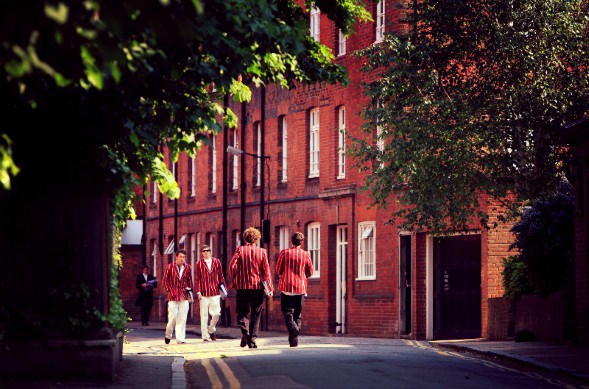The soon to be departing headmaster of Eton College has been speaking out about the cost of independent schools, stating that high-performing institutions have become far too expensive for “squeezed” middle-class families.
Tony Little, who has been in charge of the prestigious and historic school since 2002, told the Telegraph in a recent interview that this development runs contrary to efforts to open up boarding schools to youngsters from less affluent backgrounds.

The respected academic, who will take up his new post as chief education officer of Gems Education – an international chain of independent schools – in September, said that fees at such schools are, even with bursaries, out of the reach of many middle-class families.
Mr Little explained that more often than not, annual fees at independent schools exceed £30,000. Moreover, there are other barriers, as data from the non-profit organisation the Independent Schools Council suggests a trend in above-inflation increases in costs.
“If you’re talking about this phrase ‘the squeezed middle’ not being able to afford [fee-paying schools], that is a concern to a lot of people,” he told the newspaper, adding that Eton College endeavours to offer assistance to families feeling stretched by fees.
“We look at everybody individually and see … whether they measure up to have financial assistance,” he continued. “But we are all very aware of the effect [of high fees] on the middle classes.”
Mr Little added that all independent schools are obligated to do more to widen their student pool, going so far as to say that these institutions, which offer young people some of the best quality education in the country, have a “moral imperative” to admit students from disadvantaged backgrounds.
In some regards, it is about “brand perception”. For example, earlier in the year, the Independent Schools Council said that more needs to be done to improve the image of independent schools, arguing that they have been “defined by outdated stereotypes”.
Charlotte Vere, acting general secretary of the Independent Schools Council, said in February that the discourse on these institutions needs to be current – the old, hackneyed preconceptions no longer apply.
“Politicians and quangocrats need to stop talking about, and indeed sometimes creating, ‘Berlin Walls’,” she went on to say. “Old fashioned stereotypes about toffs and top hats help no one. Independent schools are not one trick, very posh, ponies.
“This is 2015 after all and our schools are very diverse, with an extraordinary mix of pupils. Many independent schools are small and best known by their local communities.
“Over 55 per cent of our schools have fewer than 350 pupils, many of whom are from families where both parents work extremely hard so that they can choose an independent education for their children.”
It seems, therefore, that the barrier of cost is being rivalled by the perception of such institutions as being only for the rich – something that many schools would like to eradicate, but which remains a very real problem for parents struggling to pay.